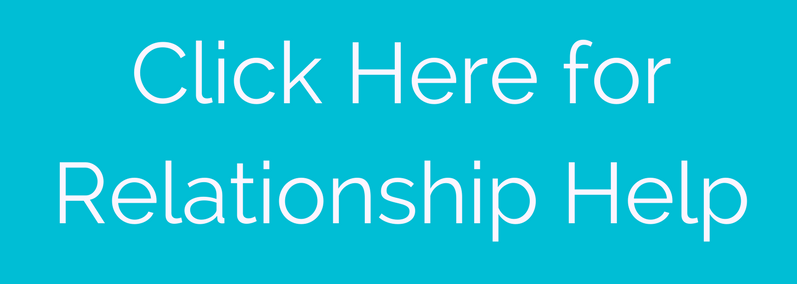 1.Extend your exhale. This is probably the simplest way to reduce anxiety. When you’re anxious, too much deep breathing can cause you to become even more anxious. Be mindful of pushing all the air possible out of your lungs. Then inhale naturally. Be attentive to exhaling longer than your inhale lasts. Count, if that helps. Try taking 10 breaths with this technique. 2. Belly (or Diaphragmatic) Breathing. I call this big belly breathing because you are going to blow up your belly like a beach ball. You can do this in any position, but it is helpful to do it while lying down when first learning belly breathing. Lie back in a comfortable pose and put your hands on your belly. Inhale slowly, directing your breath to your belly. Notice as your belly expands and your hands move along with your breath. Exhale, continuing to focus on the movement of your belly. Try to focus on the breath coming in and then going out of your body. Continue this practice until you feel more calm. 3. Breath Counting.
This technique allows you to measure your breathing, and it will adjust to the rhythm of your counting. Practice this at first in a comfortable position, but you can do this technique literally anywhere you like. While practicing, you might want to close your eyes. Notice your breathing. A relaxed person has a slow rate of breathing. You want to make your breathing slower than it currently is. Once you have the pace worked out, begin to count as you inhale, 1...2...3…4. Then count as you exhale, 1...2....3....4. Slow your counting down as you go. Continue this process until you feel more calm and grounded. 4. Sighing. The process of making noise when you breathe can be calming to an anxious nervous system. This is one you may want to do in private! Again, in a comfortable position, take a deep breath. As you exhale, make a loud sighing noise almost like a growl. Inhale and repeat the noisy exhale. This may seem like the silliest technique, but it works! Too much anxiety is no fun. When we’re feeling on the verge of panic frequently, we need to find some ways to reduce it. The goal is to be happier and healthier! Change the behaviors that have positive impacts! Try these and let me know how it goes! Allison
Comments
 Most people have an innate capacity for nurturing and providing care for others. Women, especially, are encouraged to anticipate and meet the needs of others. We are built with the purpose of nurturing children, families, jobs, communities, and the world. Most of us take our responsibility to care for one another extremely seriously. Those people in our lives who need to be cared for receive our undivided attention and best efforts. I am no stranger to burn out or the drive that keeps us on that road! Many of us do not have anyone else in our lives who is aware of our individual boundaries. That is a responsibility that falls squarely on our shoulders. How much of your time and effort do you put into tending to your own needs? We tend to believe we can put off caring for ourselves indefinitely while nourishing all these other people in our lives. The beauty of taking care of yourself is that it will bring a sense of calm and abundance to all your connections, which is its greatest benefit. Consider the following: Are you better prepared to deal with a stressful situation after you’ve spent 15 minutes reading an enjoyable book or rushing to complete a tedious report for work? What are some of the things that make you feel pampered and indulged? A steaming mug of tea to enjoy while you relax on the back porch? Eating dinner in the glow of candlelight? Taking a relaxing soak in my bathtub is one of my favorite things to do. Because it provides such a sense of indulgence, I made the decision a few years ago that I was going to treat myself to it daily. And I have! The novelty of taking a bath has never worn off for me, although I’m not always mindful of it. Show yourself a little loveliness! Let me know how it goes, Allison |
Helping You
|




 RSS Feed
RSS Feed

